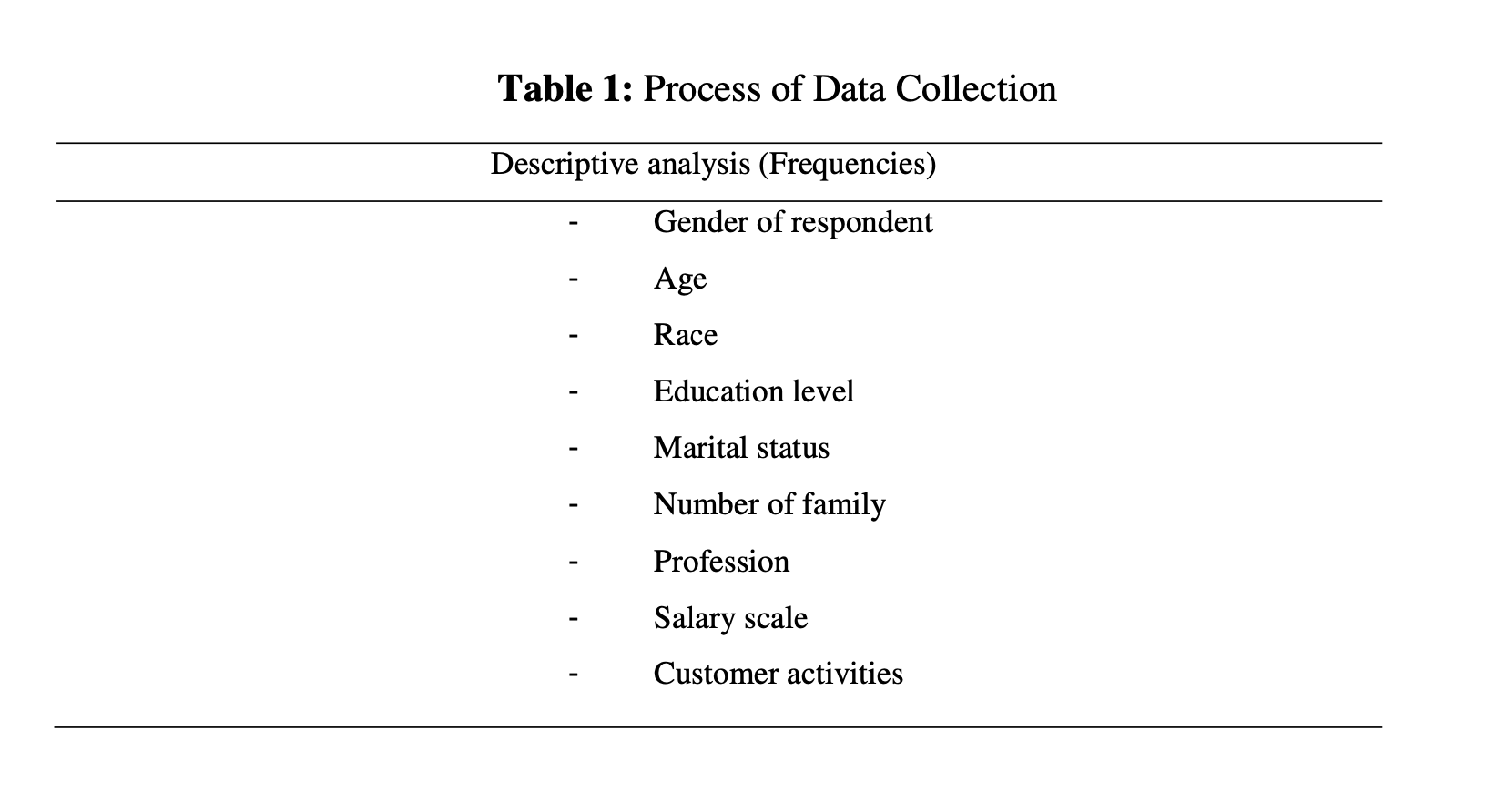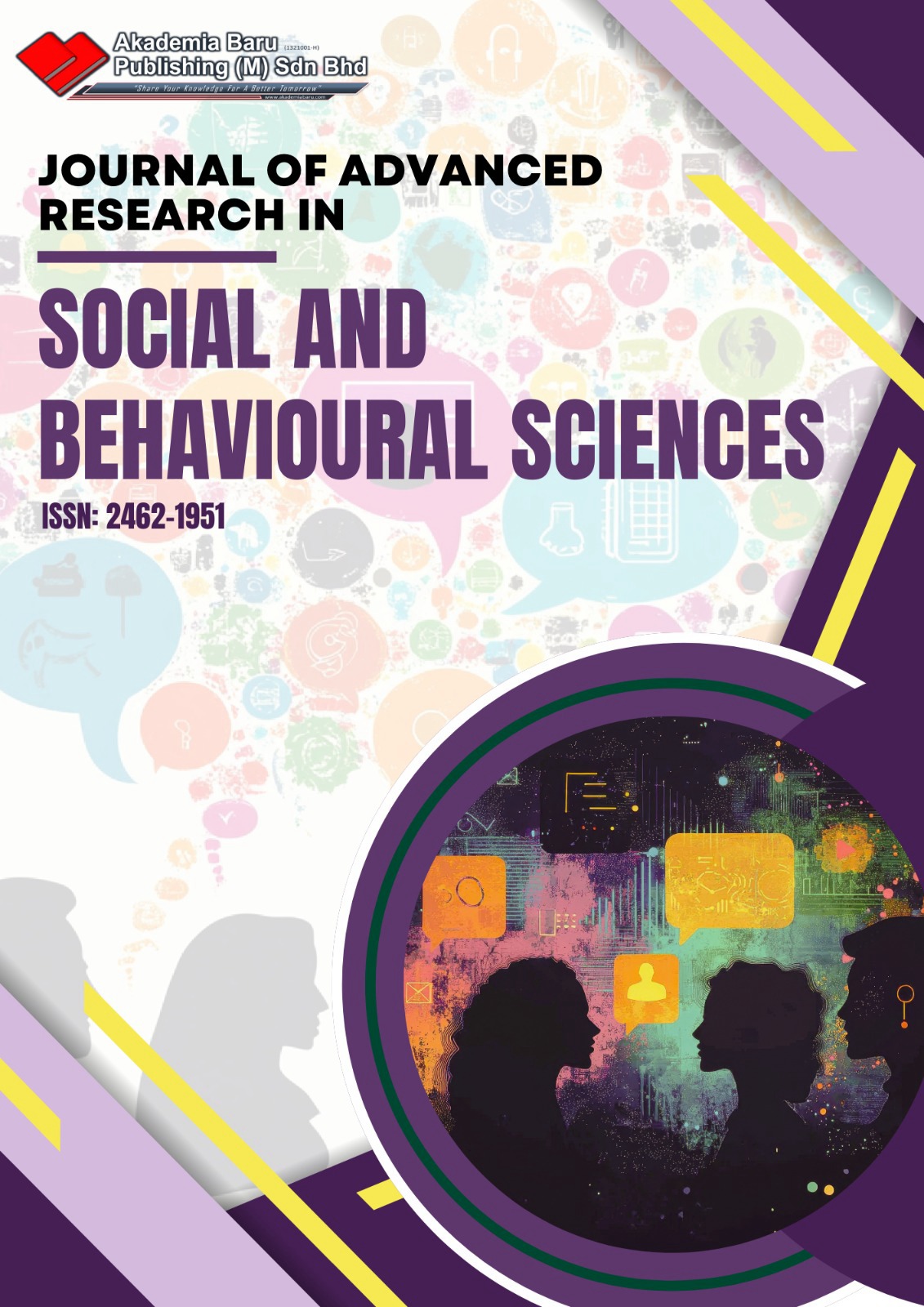Waste Management: Desa Ilmu, Kota Samarahan District Council, Sarawak, Malaysia
Keywords:
Waste management, local council, waste collectionAbstract
Human activities create waste, and the ways that waste is handled, stored, collected, and disposed of can pose risks to the environment and to public health. Solid Waste Management (SWM) includes all activities that seek to minimize health, environmental, and aesthetic impacts of solid waste. In urban areas, especially in the rapidly urbanizing cities of the developing world, problems and issues of Municipal Solid Waste Management (MSWM) are of immediate importance. Hence this study is to study the waste collection services in Kota Samarahan, Sarawak. This research adheres to by reviewing relevant literature and quantitative method in which by distribution of questionnaire to the respondent who are involves in waste management. The results of the research would provide quantitative evidence in support of the notion that appropriate and comprehensive public perspective on solid waste disposal management to improve the solid waste management in Kota Samarahan. Furthermore, this study may also encourage key stakeholders mainly involved in solid waste management to increase their attention on possible factor, and helps to the achievements of future sustainable solid waste disposal management.











